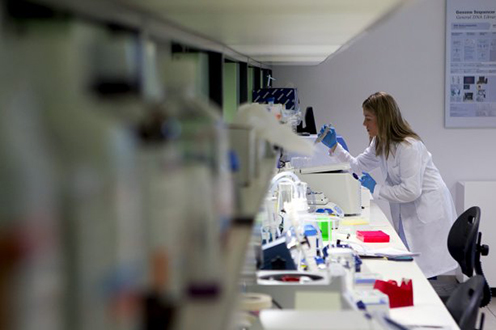The Global Health Security Agenda is a response to growing concerns in the international community over the possibility of terrorist groups being able to use biological agents, thus posing a serious risk to human, animal and plant health, as well as international political and economic stability.
It is an ambitious initiative on which 45 countries are currently working. Its goal is to promote coordinated action at an international level over the next five years to tackle these biological security threats, whether of natural, accidental or intentional origin, and seek to alleviate the deficiencies that may be present in the countries involved.
To achieve these goals, the Agenda has been working on the prevention, detection and response to this threat and, in the same regard, has identified various sensitive issues and designed specific action measures to improve international action and coordination. The countries participating in the Agenda are working in groups on 11 topics, making their skills and expertise available to the beneficiary countries in order to improve the capabilities of all States.
Spain is particularly focused on the topic of prevention, and the areas of biosafety and biocustody. Within this field, Spain is also working on other significant initiatives, such as the Global Partnership against the Spread of Weapons of Mass Destruction that was set up by the then G-7 in 2002, as well as within the framework of both the Convention on the Prohibition of Bacteriological and Toxin Weapons and their Destruction and the Australia Group for the control of exports of chemical and biological agents and dual-use materials.
At this 1st Ministerial Conference, the participating States will analyse the existing risks and seek effective forms of collaboration based on the steps taken to date, as well as new approaches to achieve their objectives.





